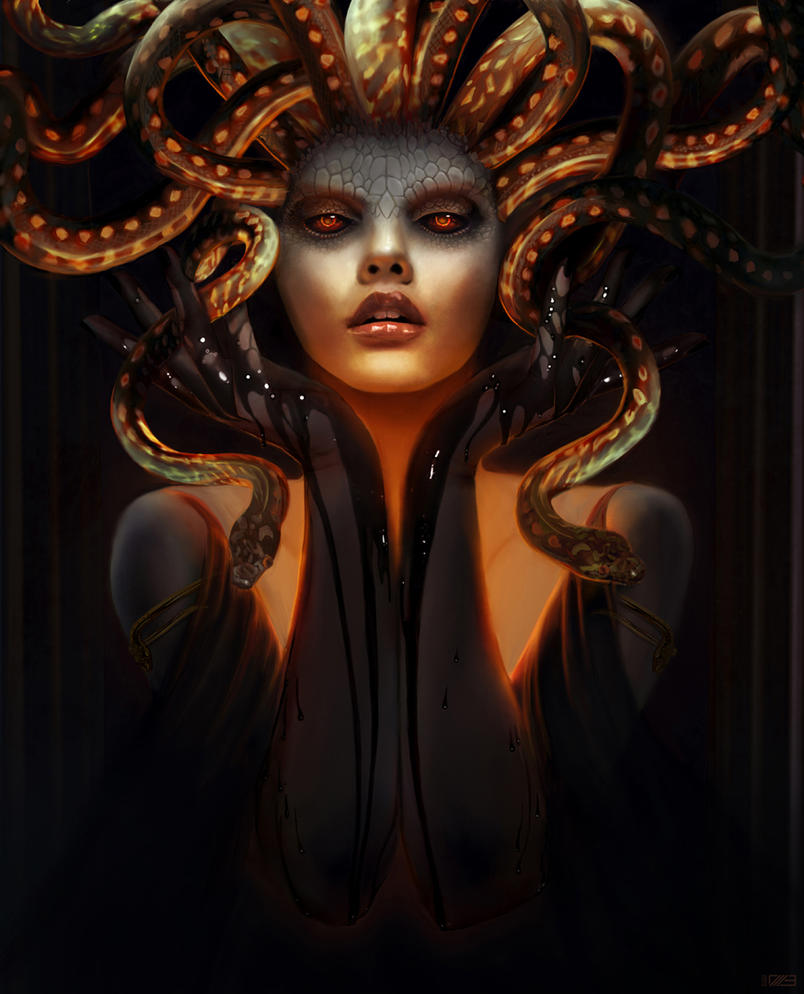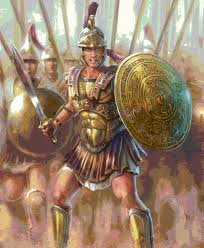The women had very little respect, or at least that's how men treated them. Ying Ying was married to Clifford St. Clair. and he changed personal things about her including her own name. Ying Ying evolved and eventually became a ghost because she eventually stopped caring. The same thing happened with her daughter Lena. Lena's marriage was headed toward disastrous ways and she didn't do anything to stop it. Ying Ying also married a man before Clifford, a man who turned out to be a womanizer and who left her for an opera singer. There were a lot of men who didn't value their relationships,
Men wouldn't worry as much as women did. For example, An-Mei-Hsu's mother taught her how to cope with pain, distrust others, and swallow or control her tears. Men usually got many marriages and had more power. They hardly had moments where they got emotional and completely broke out. They made the rules most of the time and were unreasonable. Overall, they suffered the least.
I believe that, for the most part, men were the main source of pain. If the story was based on them it would mostly be about unsatisfied marriages, keeping a family together, and even plain womanizing. Lindo, Suyuan Woo, An Mei Hsu, and Ying Ying all had emotional breakdowns or painful moments in their lives. They moved to America to escape all the bad in their world. Their daughters still faced bad men. Lena literally owes money to her husband Harold and doesn't have a healthy marriage. Waverly is in a relationship with a man named Rich, and he treats her the way she would want to be treated. It seems that there are good men in the world, but they still have to find them.
Overall, I believe that the entire concept of the story would be different if the characters were fathers and sons. The 2 reasons are because men's lives were different compared to women due to more rights, and because men would have less worries. My opinions about the novel in general make me realize that I'm lucky. Lucky that I have a healthy relationship with not only my mother, but my family. The last thing I would want is a large amount of miscommunication between my family and I, and for my family to go through everything that the characters faced.


